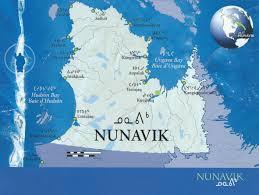What stories to tell? Knowledge exchange in CBPR
Researchers in the field of Aboriginal health generally have a keen interest in ‘participating in change’ to address the ongoing injustices experienced by Aboriginal peoples. Perhaps the most promoted methods for this purpose are those described as Indigenous methods and action research. Criteria of authenticity are generally used to assess the quality of research.
 In this essay, we reflect on how certain basic principles of action research, more notably ontological authenticity and educative authenticity can penetrate the process of knowledge exchange, creating spaces of ontological contamination and transformation. We reflect on the context of sharing ‘difficult knowledge’, knowledge that is encountered and shared in a post-colonial context of unequal power dynamics.
In this essay, we reflect on how certain basic principles of action research, more notably ontological authenticity and educative authenticity can penetrate the process of knowledge exchange, creating spaces of ontological contamination and transformation. We reflect on the context of sharing ‘difficult knowledge’, knowledge that is encountered and shared in a post-colonial context of unequal power dynamics.
We describe a trilogy of methods used for such knowledge exchange activities with three distinct audiences, and distinct goals. A commonality amongst the three described methods is the ‘unfinished’ and unorganised nature of what is transmitted, requiring the receptor to actively participate in the differentiation and reorganisation of information in a way that makes sense to him/her.
We invite you to learn more about this experience by reading our article HERE.
After you’ve had a chance to read this piece, please share your thoughts, ideas, or experiences with our community in the comments below so we can continue this discussion!
Abstract summary provided on behalf of the author, Sarah L Fraser
- Making Public Deliberations Inclusive with Mixed Methods AR - October 26, 2020
- Participatory action research with Aboriginal Elders: Ngulluk Koolunga Ngulluk Koort project - October 12, 2020
- Bringing the relational self to ART: Interview with Dr. Yvonne Skipper - October 1, 2020
